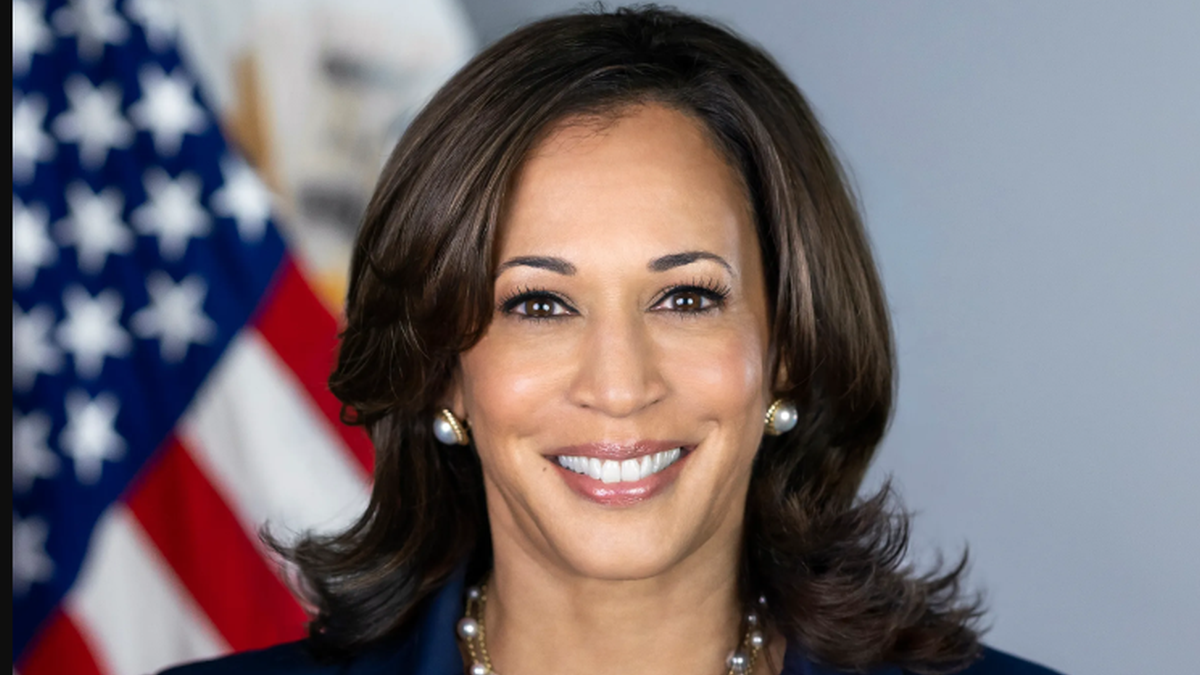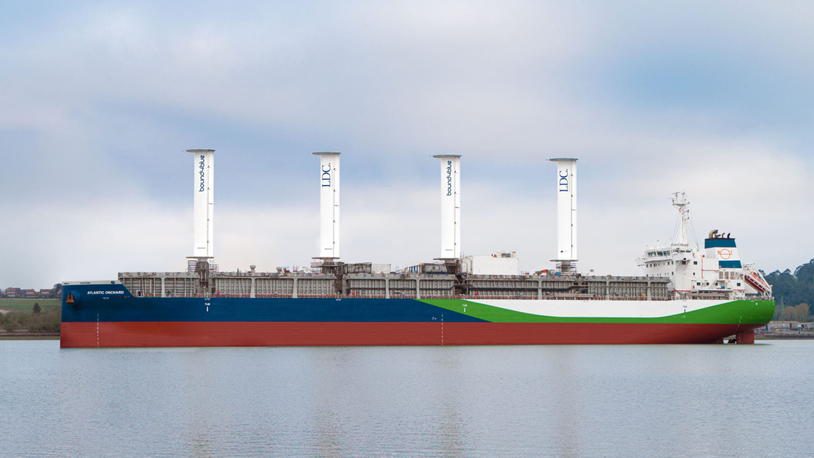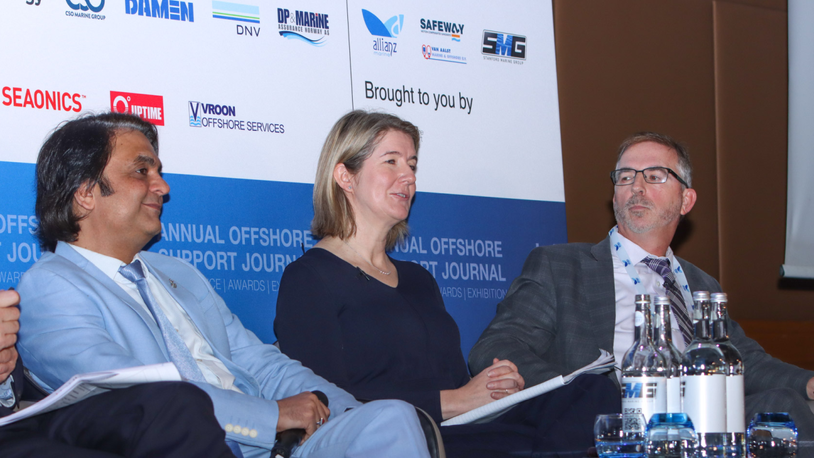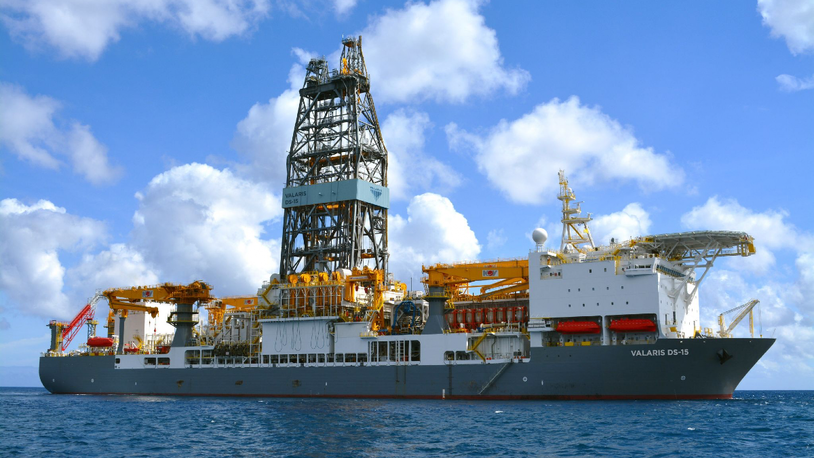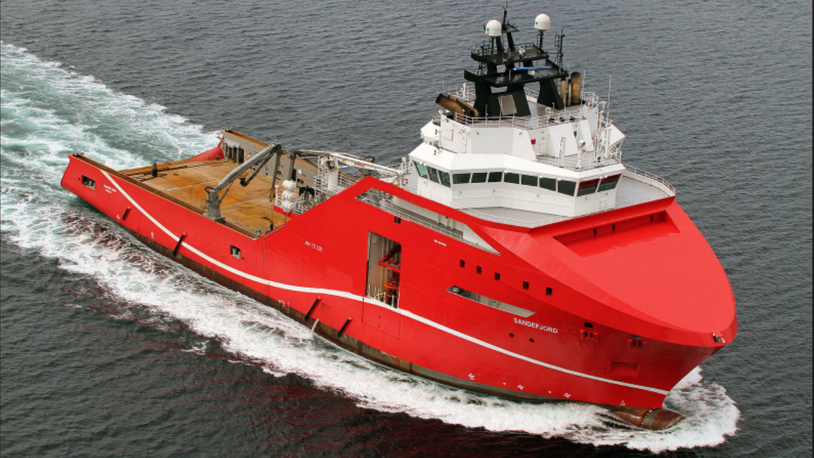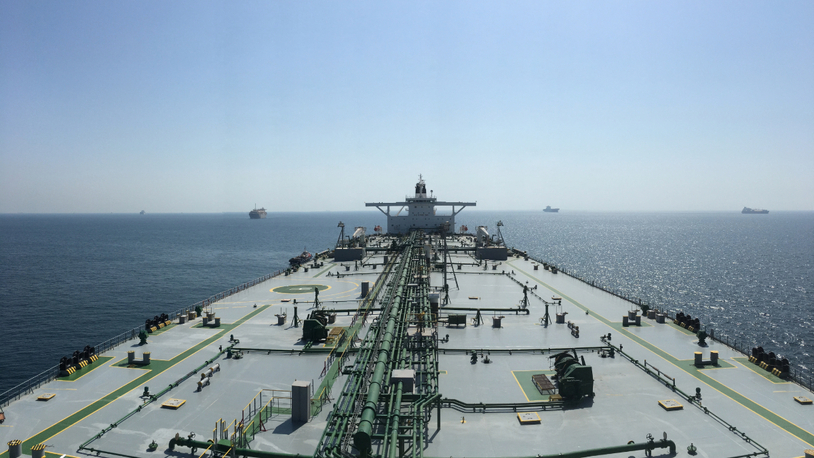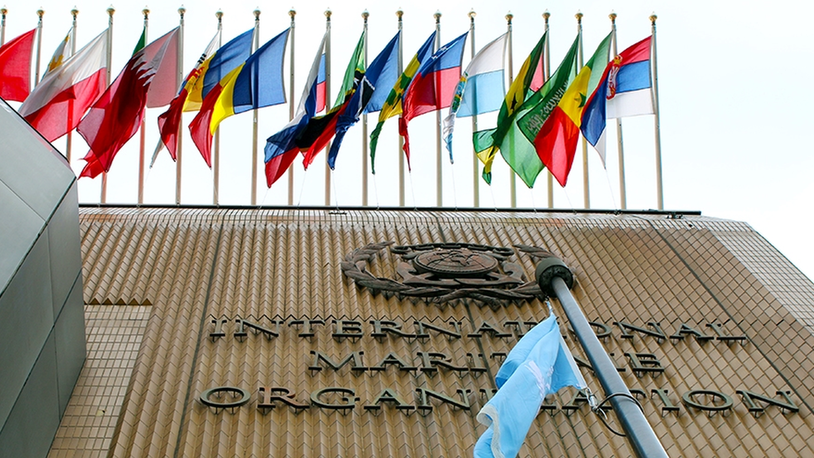Business Sectors
Events
Floating energy: successfully unlocking stranded gas using FLNGs and FSRUs
Contents
Register to read more articles.
Who is better for US LNG exports: Trump or Harris?
Will current vice-president Kamala Harris’s environmental focus or former president Donald Trump’s expansionist energy policies better shape the future of US LNG exports?
The significance of LNG exports to the US economy cannot be overstated.
Under President Biden’s administration, a pause on pending and future LNG export permits was implemented in February 2024, raising questions about the future of this crucial sector. With President Biden removing himself from the Democratic presidential candidate race, there is a possibility he will be stepping down as president, too, promoting the current vice-president Kamala Harris.
With Vice President Harris potentially taking the helm and/or becoming the front runner for the Democratic nomination for the presidency, what is known about her stance on LNG exports and how does it compare to former president Donald Trump’s policies?
President Biden’s moratorium was seen as a ploy to re-energise his weakening voter base for the forthcoming US presidential elections in November, but the decision also reflected the administration’s broader commitment to combating climate change by limiting the expansion of fossil fuel infrastructure.
The moratorium has led to delays and uncertainties in the development of new LNG export terminals, affecting both domestic and international stakeholders.
LNG exports are vital for the US economy, contributing significantly to energy independence and generating substantial revenue through international trade. The industry’s growth has been pivotal in positioning the United States as a global energy leader.
Ms Harris has been a vocal advocate for environmental sustainability throughout her political career. Her policy positions emphasise the need for a transition to clean energy, aligning with the broader Democratic agenda.
In speeches and written statements, Ms Harris has highlighted the importance of reducing greenhouse gas emissions and investing in renewable energy sources. Her approach to energy policy suggests a cautious stance toward expanding LNG exports, prioritising environmental considerations over rapid industrial growth.
If Ms Harris were to assume the presidency, it is likely her administration would continue to scrutinise LNG projects, balancing economic interests with environmental responsibilities.
Mr Trump’s presidency was marked by a starkly different approach to energy policy. He championed the expansion of the fossil fuel industry, including LNG exports, as a cornerstone of his economic strategy and viewed energy independence and dominance as critical to national security and economic prosperity.
Mr Trump’s administration facilitated the approval and development of numerous LNG export terminals, aiming to enhance the US’s competitive edge in the global energy market. His speeches and policy actions consistently underscored a commitment to deregulation and industry growth, presenting a clear contrast to Ms Harris’s more environmentally cautious stance.
Comparing Ms Harris and Mr Trump on LNG exports reveals fundamental differences in their environmental and economic policies.
Ms Harris’s focus on environmental sustainability suggests a more measured approach to LNG exports, potentially imposing stricter regulatory frameworks and prioritising renewable energy investments. This could lead to a slower pace of growth for the LNG sector but would align with global efforts to combat climate change.
On the other hand, Mr Trump’s policies favoured rapid expansion and deregulation, aiming to maximise economic benefits and strengthen the US’s position as a leading LNG exporter. While this approach fuelled industry growth, it often drew criticism for overlooking environmental impacts.
Industry stakeholders have expressed diverse reactions to President Biden’s moratorium. Some applaud the administration’s commitment to environmental protection, while others warn of potential economic repercussions and lost opportunities in the global energy market.
In my opinion, as a non-US onlooker and LNG trade observer, whoever is in the role must consider both the economic benefits of LNG exports and the imperative to address climate change.
Expert opinions further highlight the complexity of this issue.
Energy analysts argue that while Ms Harris’s policies may slow the growth of the LNG sector, they could foster innovation and investment in cleaner technologies. Conversely, Mr Trump’s approach, though economically aggressive, risked long-term environmental consequences.
The future of US LNG exports hinges on the policy direction set by the nation’s leaders, as shown by the relatively recent decision to re-open US crude oil exports. A Harris presidency would likely prioritise environmental sustainability, potentially constraining rapid industry growth, whereas a return of Mr Trump could revive the aggressive expansion seen during his tenure.
Ultimately, the path forward must strike a delicate balance, ensuring economic prosperity without compromising the planet’s health. As stakeholders and policymakers navigate this complex landscape, the need for a nuanced and comprehensive energy strategy becomes increasingly evident.
Riviera’s LNG Shipping & Terminals Conference will be held in London, 12 November 2024. Click here for more information on this industry-leading event.
Related to this Story
Events
Maritime Regulations Webinar Week
Floating energy: successfully unlocking stranded gas using FLNGs and FSRUs
© 2024 Riviera Maritime Media Ltd.


